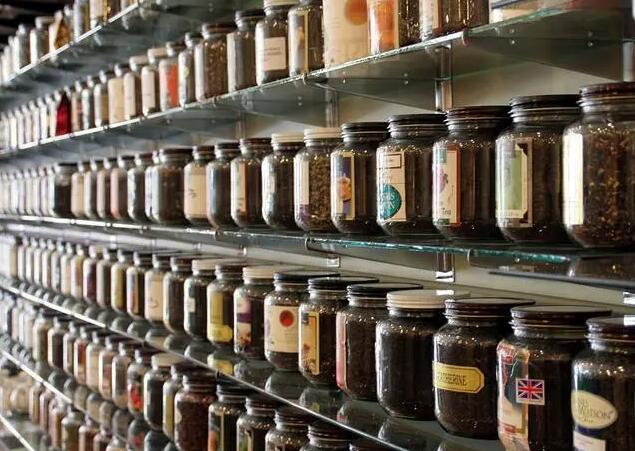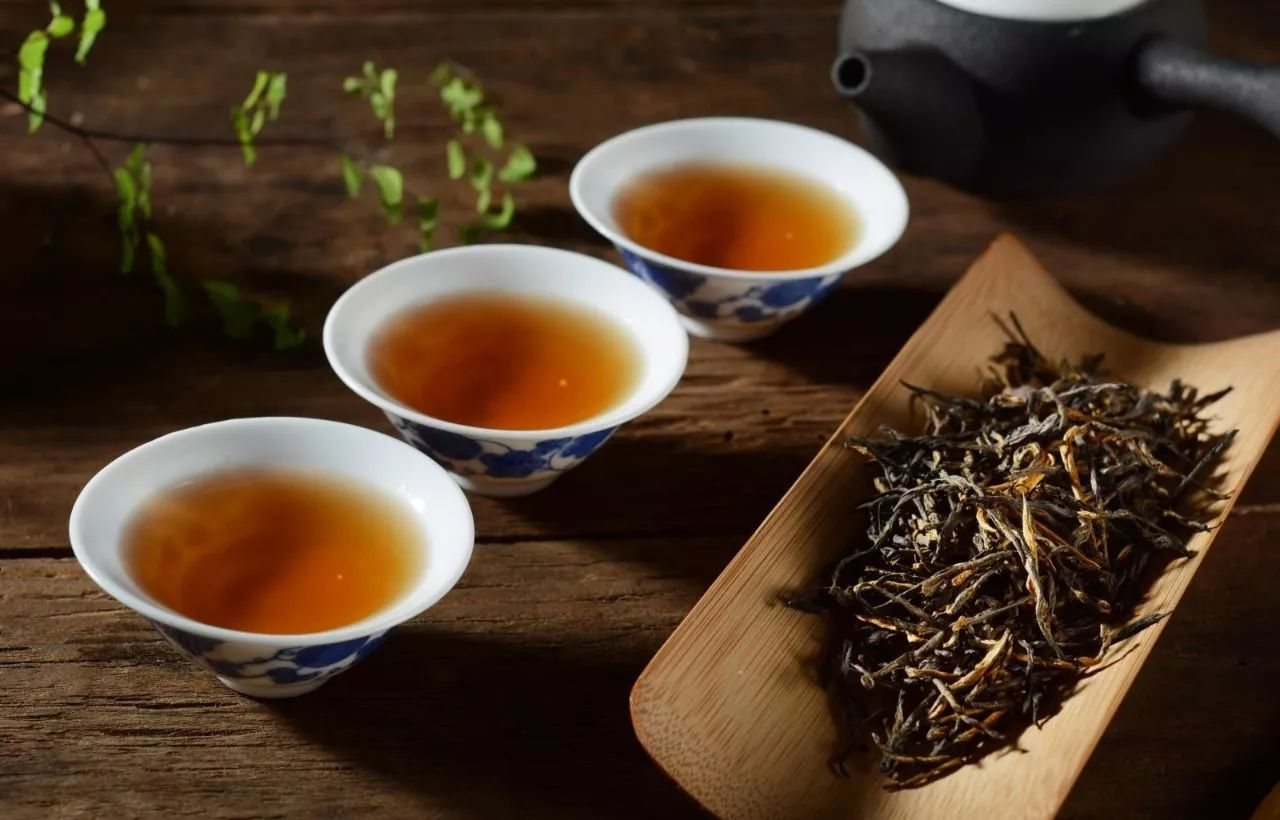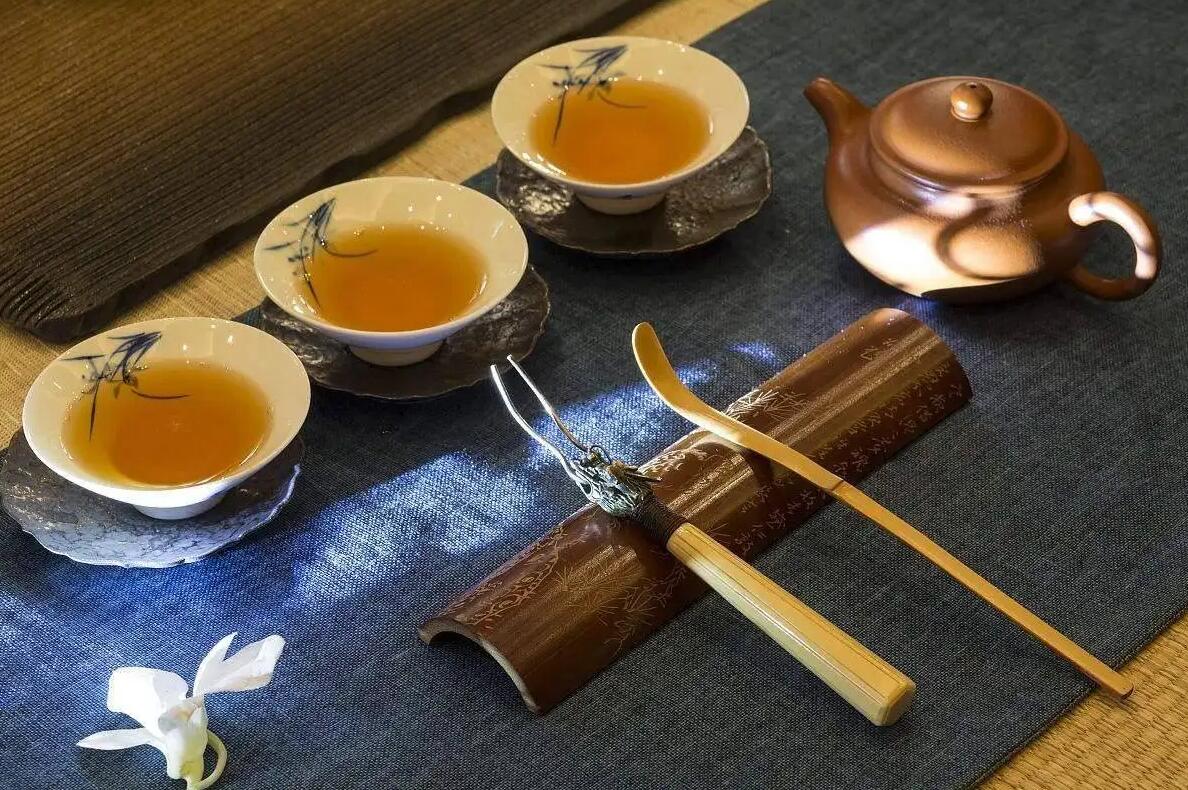Zhou Yu: This tea had some hui gan in the back of the mouth. The Qi traveled down the throat, but was a bit weak. The tea tasted sweet. I found that it was a worthwhile cup. I found it to be rather dry-stored, so collection of this tea would need to be thought of as a long-term investment. It seems as if it is transforming more slowly than the others in this discussion. Though it will ferment more slowly, I felt that there was definitely, space to grow and potential here.
Lu Li Zhen: The aroma of this tea was average. I thought it was smoother than many of the teas we have tried in this review. It did have some slight sourness in the aftertaste, though.
Chen Zhi Tong: This tea has been stored very well. After being brewed, its liquor was light red. It had a very mellow aroma. The sensations in the mouth were rich and abundant, though it had some roughness and bitterness in the back of the mouth and throat. The hui gan was nice and stable. I liked the sensations and aroma, but was turned off by the feeling in my throat.
Chen Gan Bang: The leaves of this cake were smaller and fragmented, but the color was clean and beautiful: red, oily and steeped was rather nice. The activity and youth of this tea gathered on the lid of the gaiwan, demonstrating the vigor of this tea. After two steepings, the strength dissipated a bit and I noticed some sweetness. The liquor was bright amber, resulting from the dry storage. It was a bit rough, but this is only because of the active fermentation. It will be smoother when It ages more. The way it is now, the bitterness increases the longer it Is steeped. I found the quality to be average as well as the hui gan and changes in the mouth, so I gave It an 80.
He Jing Cheng: The leaves of this tea were all little bits and pieces. I thought it was very patient. The liquor was crisp and fresh with a slight sourness in the aftertaste. I liked it for its future potential.



